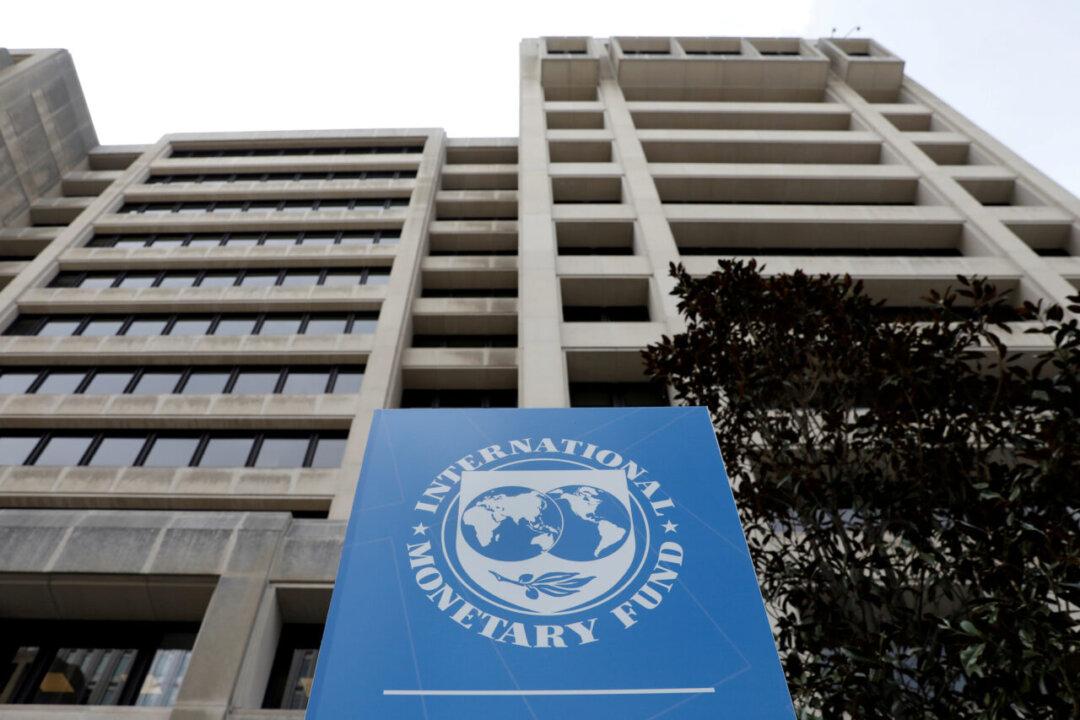The International Monetary Fund (IMF) released its world economic outlook on April 14, predicting the global economy will suffer its biggest hit since the Great Depression because of the fallout from the COVID-19 pandemic.
The newest release of the 2020 World Economic Outlook, which the IMF updates regularly, predicts global output will shrink by 3 percent in 2020. The dismal forecast is a major downward revision of 6.3 percentage points from the IMF’s January 2020 outlook.





